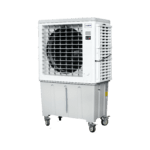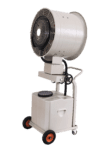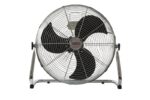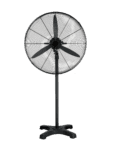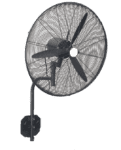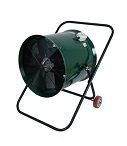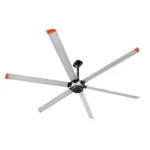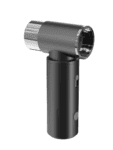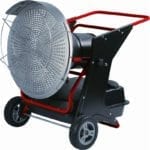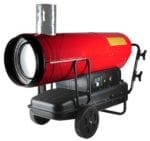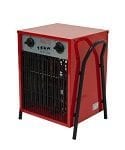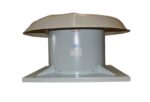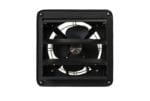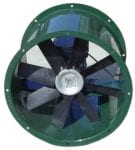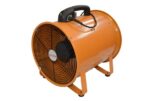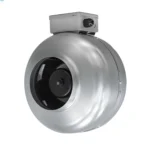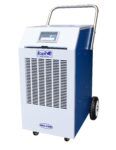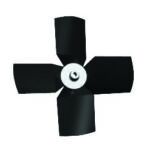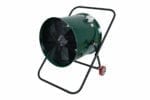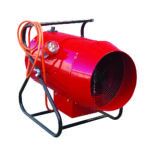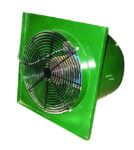January 23, 2024
Decoding Cooling Power: BTU, Kilowatts, and Horsepower Explained for Australians
As temperatures rise, the quest for efficient cooling solutions becomes paramount in the Australian summer. When it comes to selecting air conditioning units, understanding the metrics of cooling power is crucial. In this guide, we’ll demystify the terms BTU (British Thermal Units), Kilowatts, and Horsepower, offering clarity for Australians navigating the realm of cooling technologies.
BTU (British Thermal Units): Measuring Heat Exchange
What is BTU?
BTU is a unit of measurement that quantifies the amount of heat energy required to raise or lower the temperature of one pound of water by one degree Fahrenheit.
How is BTU Relevant to Cooling?
In the context of air conditioning, BTU is used to measure the cooling capacity of a unit. The higher the BTU, the greater the cooling power. It helps determine the appropriate size of an air conditioner for a given space.
Choosing the Right BTU for Your Space
For small rooms, opt for lower BTU ratings (e.g., 5,000-7,000 BTU).
Medium-sized spaces require moderate BTU ratings (e.g., 8,000-12,000 BTU).
Larger areas demand higher BTU ratings (e.g., 14,000 BTU and above).
Kilowatts: Understanding Energy Consumption
What is a Kilowatt?
A kilowatt (kW) is a unit of electrical power equivalent to 1,000 watts. It represents the rate at which energy is used.
How is Kilowatts Relevant to Cooling?
Kilowatts are used to measure the power consumption of air conditioners. Understanding this metric helps users gauge the energy efficiency of their cooling systems.
Choosing Energy-Efficient Cooling:
Look for air conditioners with high cooling capacity (measured in BTU) and a relatively low power consumption in kilowatts for optimal energy efficiency.
Horsepower: Evaluating Motor Power
What is Horsepower?
Horsepower (HP) is a unit of power that originated in the era of steam engines and is commonly used to measure the power of engines and motors.
How is Horsepower Relevant to Cooling?
In the context of cooling systems, horsepower can be associated with the power of a compressor or the motor driving the air conditioner.
Considering Horsepower in Cooling Units
While not as prominently used as BTU or kilowatts in consumer air conditioning units, horsepower may be relevant in the industrial or commercial cooling sector.
Key Takeaways for Australians: Making Informed Cooling Choices
Right-Sizing Air Conditioners
Understand the BTU requirements for your space to ensure efficient cooling without unnecessary energy consumption.
Balancing Cooling Power and Energy Efficiency
Evaluate the kilowatt rating to strike a balance between cooling power and energy efficiency.
Considering Horsepower in Industrial Settings
In industrial cooling systems, assess horsepower for motor power and overall system efficiency.
Energy Labels and Efficiency Ratings
Pay attention to energy labels and efficiency ratings when selecting air conditioning units to make informed choices for a sustainable and comfortable living environment.
By decoding these metrics, Australians can navigate the diverse landscape of cooling technologies and make choices that align with their comfort needs and energy efficiency goals. Whether it’s selecting the right BTU for a bedroom or understanding the kilowatt consumption for an energy-efficient home, informed decisions lead to a cooler and greener future.

